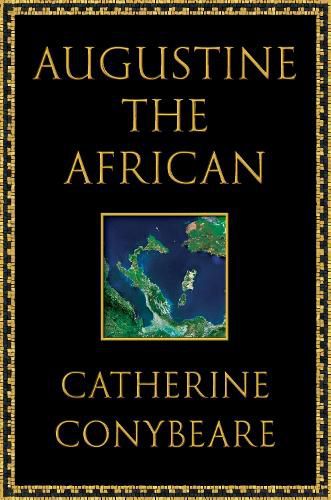Readings Newsletter
Become a Readings Member to make your shopping experience even easier.
Sign in or sign up for free!
You’re not far away from qualifying for FREE standard shipping within Australia
You’ve qualified for FREE standard shipping within Australia
The cart is loading…






Augustine of Hippo (354-430), also known as Saint Augustine, was one of the most influential theologians in history. His writings, including the autobiographical Confessions and The City of God, helped shape the foundations of Christianity and Western philosophy. But for many centuries, Augustine's North African birth and Berber heritage have been simply dismissed. Catherine Conybeare, a world-renowned Augustine scholar, here puts the "African" back in Augustine's story. As she relates, his seminal books were written neither in Rome nor in Milan, but in Africa, where he had returned as a wanderer during a perilous time when the Western Roman Empire was crumbling. Using extant letters and other shards of evidence, Conybeare retraces Augustine's travels, revealing how his groundbreaking works emerge from an exile's perspective within an African context. In its depiction of this Christian saint, Augustine the African upends conventional wisdom and traces core ideas of Christian thought to their origins on the African continent.
$9.00 standard shipping within Australia
FREE standard shipping within Australia for orders over $100.00
Express & International shipping calculated at checkout
Augustine of Hippo (354-430), also known as Saint Augustine, was one of the most influential theologians in history. His writings, including the autobiographical Confessions and The City of God, helped shape the foundations of Christianity and Western philosophy. But for many centuries, Augustine's North African birth and Berber heritage have been simply dismissed. Catherine Conybeare, a world-renowned Augustine scholar, here puts the "African" back in Augustine's story. As she relates, his seminal books were written neither in Rome nor in Milan, but in Africa, where he had returned as a wanderer during a perilous time when the Western Roman Empire was crumbling. Using extant letters and other shards of evidence, Conybeare retraces Augustine's travels, revealing how his groundbreaking works emerge from an exile's perspective within an African context. In its depiction of this Christian saint, Augustine the African upends conventional wisdom and traces core ideas of Christian thought to their origins on the African continent.